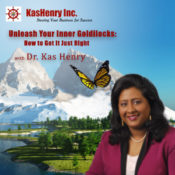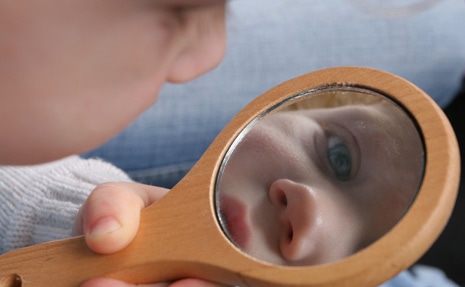
I hail from a society that believes “knowledge is food for the soul”. The knowledge which sustains and shapes the soul transcends a life-time and continues on with the soul beyond the lifespan of the body itself. Knowledge with that kind of staying power is not merely transactional but deeply transformational. Knowledge transforms all souls engage in the process of pursuing it, embracing it and applying it. Just as much a body needs nutrients to sustain wellbeing, the soul needs its learning to sustain its transformational journey.
Knowledge and learning can come from various sources. It is factual. Formal education is the process of learning how to seek knowledge and continue a journey of life long transformation. Somewhere along the way, some societies have switched from teaching the art of learning to teaching for the test. Life is not about having answers because there are no answers. Life is about choices and consequences that come with the choices made. Why then did we get off track and start teaching to tests? Why have we created the false expectation that there are right and wrong answers for all things in life, work, government and societies? President Randy J. Dunn of Southern Illinois University System will engage with me in a discussion on how we have arrived at a time and place where education and pursuit of knowledge have ceased to be about transformation and become merely transactional. We will also explore how to get back on track towards the intended purpose of education.
Most societies view students as raw material and work in progress, being transformed through the process of learning into knowledge workers suited for the information economy. Such transformed workers are an asset to the society that invested in the learning and therefore benefit from the social investment. Treating learners as customers and treating education as transactional exchange based on tuition and fees undermines the opportunity for transformation.
Today, the global economy faces the real challenge where, western societies like the US having paved the way for the Information Economy have failed to transform all its workers from the industrial age to the information age, resulting in a tumultuous civil society. At the same time, developing nations like India have jumped-passed the industrial age, by design, to invest in transforming its population into knowledge workers capable of competing effectively in the information economy.
Pitting prepared knowledge workers of one society against others who missed the opportunity of such a transformational journey does not solve the fundamental issues at hand. It just escalates conflict. Instead, how do we explore opportunities to take the industrial age workers through their own transformational journey to be prepared for the jobs of our modern economy is the problem required solving. How can we accomplish this knowledge reset to continue the enduring human journey is the educational public policy challenge of the day!
Please come join President Randy J. Dunn and I to be part of this conversation by tuning into the upcoming episode of “Unleash Your Inner Goldilocks: How to Get It Just Right” to be a part of the conversation. Then join our shared pursuit of translating that conversation into tangible action.





